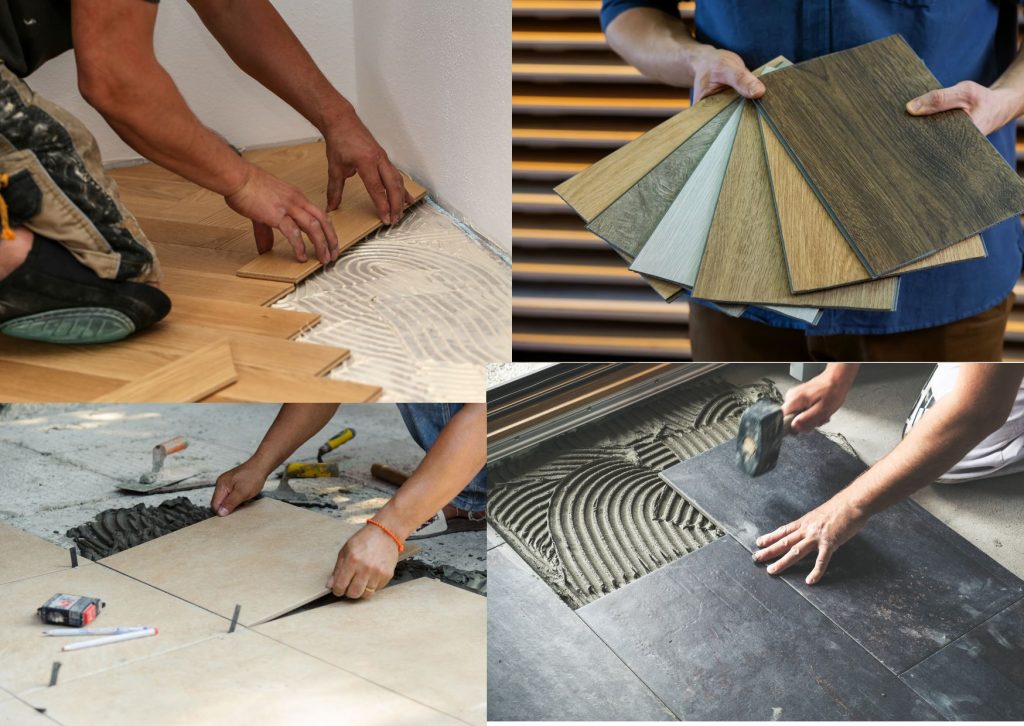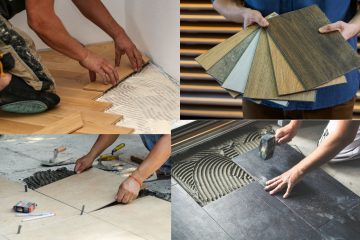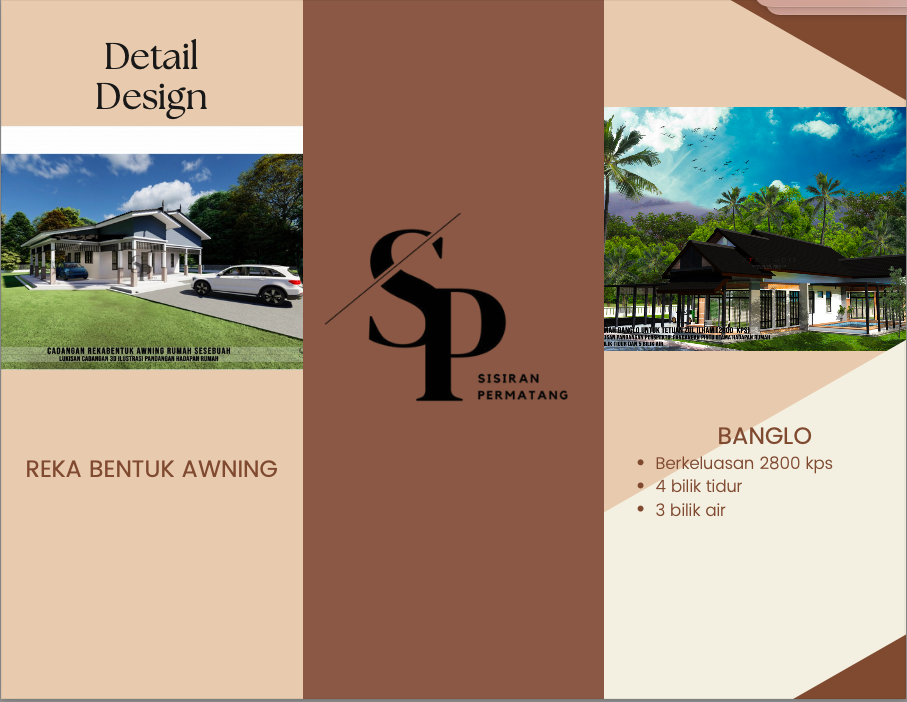
How to Choose the Right Flooring for Your Home or Office in Malaysia
Choosing the right flooring for your home or office in Malaysia is an important decision that can impact both the aesthetics and functionality of your space. Malaysia’s tropical climate, with its high humidity and frequent rainfall, makes it essential to select flooring materials that are durable, moisture-resistant, and easy to maintain. This guide will help you navigate the different flooring options available in Malaysia, ensuring you make an informed decision that suits your lifestyle and budget.
1. Understanding the Climate’s Impact on Flooring Choices
Malaysia’s tropical climate can be harsh on certain flooring materials. The constant humidity and temperature fluctuations can cause some materials to warp, stain, or deteriorate more quickly. Therefore, it’s crucial to choose flooring options that are resistant to moisture, mold, and fading.
Humidity Resistance: Flooring materials like vinyl, ceramic tiles, and engineered wood are better suited for Malaysia’s high humidity. They won’t expand or warp like solid wood flooring in damp conditions.
Water Resistance: Areas like kitchens, bathrooms, and outdoor spaces are prone to moisture, so flooring that resists water damage is important. Waterproof options like tiles, vinyl, and concrete work well in these areas.
2. Popular Flooring Options in Malaysia
Here’s a rundown of the most common flooring materials used in Malaysia and their advantages:
Ceramic and Porcelain Tiles: These are the most popular flooring choices in Malaysia due to their durability, ease of maintenance, and ability to handle moisture. They are available in a wide range of designs and colors, making them suitable for both traditional and modern homes. Tiles are also highly resistant to stains, mold, and mildew, making them ideal for bathrooms and kitchens.
Vinyl Flooring: Vinyl is a cost-effective and versatile flooring option. It is water-resistant, durable, and available in various textures, including designs that mimic wood or stone. Luxury vinyl tiles (LVT) are especially popular in Malaysia for their ability to withstand humidity without warping.
Engineered Wood Flooring: Engineered wood is a good alternative to solid wood flooring, as it can handle moisture better. The top layer is real wood, while the underlying layers are made of plywood, making it more stable than traditional hardwood. It offers a warm, natural look and works well in living rooms and bedrooms.
Laminate Flooring: Laminate is another budget-friendly alternative to hardwood. It is made from compressed fiberboard and a laminate layer, offering the appearance of real wood without the high maintenance. Laminate floors are easy to clean and resistant to scratches, making them suitable for high-traffic areas.
Concrete Flooring: Concrete is becoming more popular in modern homes and offices, especially in industrial-style or minimalist designs. Concrete is durable, easy to maintain, and can be customized with finishes like staining, polishing, or adding decorative patterns. It is also ideal for creating an open-concept, seamless look.
3. Factors to Consider When Choosing Flooring
Durability: Consider how much foot traffic your floors will endure. High-traffic areas like the hallway or living room may benefit from more durable options like ceramic tiles, vinyl, or engineered wood.
Maintenance: Choose a flooring material that is easy to maintain and clean. Tiles, vinyl, and laminate flooring are all low-maintenance, while natural wood or concrete may require more care to keep them in good condition.
Aesthetic Appeal: The look of your floors plays a significant role in the overall design of your space. If you’re looking for a classic, timeless appeal, natural wood or high-quality tiles may be the way to go. For a more modern look, vinyl or concrete might be more suitable.
4. Budget Considerations
The cost of flooring materials can vary significantly. Tiles and vinyl are generally affordable, while engineered wood, laminate, and concrete can cost more. Keep in mind that while cheaper materials may save you money upfront, investing in higher-quality flooring could save you on long-term repairs and replacements.
5. Hiring Professionals for Flooring Installation
Professional installation ensures that your flooring is laid down properly, preventing issues like warping, creaking, or uneven surfaces. Flooring professionals in Malaysia are familiar with the local climate and can offer advice on the best options for your specific needs. They will also have access to the best tools and materials to ensure a seamless finish.
Conclusion
Choosing the right flooring in Malaysia requires careful consideration of the climate, aesthetics, and durability of the material. Whether you choose ceramic tiles, vinyl, engineered wood, or concrete, make sure to pick a flooring option that is suitable for your space’s requirements. With the right flooring, your home or office will not only look beautiful but also stand up to the challenges of Malaysia’s tropical environment.









